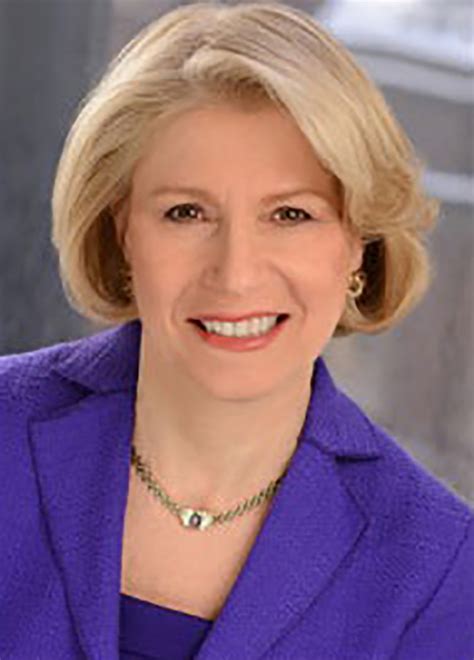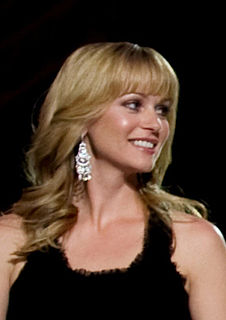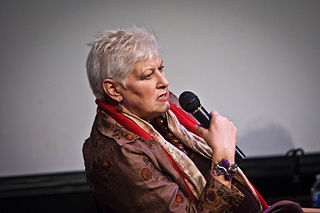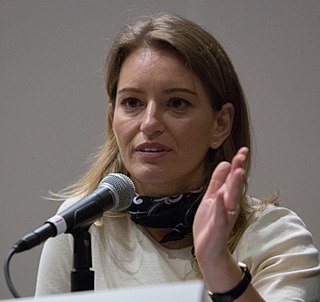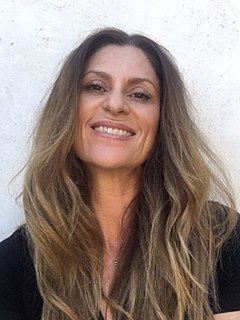A Quote by Gary Shteyngart
Usually, with a novel, you start with no idea what to do because your job is to create convincing characters and then they just run around getting crazy. The problem with writing a memoir, obviously, is you can't do that because you sort of know what's going to happen. Because you're the character.
Related Quotes
When you are writing, you have to love all your characters. If you're writing something from a minor character's point of view, you really need to stop and say the purpose of this character isn't to be somebody's sidekick or to come in and put the horse in the stable. The purpose of this character is you're getting a little window into that character's life and that character's day. You have to write them as if they're not a minor character, because they do have their own things going on.
I'm character-driven. If it's a great character and something different; because I find that a lot of the times you do get pigeon-holed, you do get the same characters over and over again because that's what producers are comfortable with. They've seen you do it, they know you can do it. I'm kind of getting a little stir crazy.
I couldn't have articulated this process at the time; I just sort of did it instinctually. But now when I talk about this with my students all the time, it's one of the first things I address in memoir classes - that you have to put it all in because you're writing your way into the ending of your own story. Even if you think you know what the story is, you don't until you write it. If you start leaving things out you could leave out vital organs and not know it.
With a novel, you have the reader with you a lot longer, and you owe him a lot more. Obviously you have to have a plot - I say "obviously," although I think a lot of fiction doesn't, and nothing seems to happen. But to me, there should be something that happens, and it should be at least vaguely plausible. And because the readers are going to be with these characters for a long time, you have to get to know them and like them and want to know what happens to them.
When you're just starting out in the TV business, you don't know anything at all, and you think you're doing a better job than everyone else around you, and you just sort of presume that you're not getting the credit you deserve. And then when you start to get better, the pressure is extraordinary, and then you start to second-guess everything you do, and when people start looking to you for answers, for insight and for analysis and guidance, you start to wonder if you are the right person - even when you have all the information.
..The truly fraudulent claims must be discarded. But novel methods of therapy should not be rejected because they are novel, or because they run counter to some generally accepted belief ("which may just be biased"), or because we do not understand the mechanism of the proposed treatment, or because it has come from an unconventional source.
You're sort of programmed a certain way because of your environment. That's all you know. But we don't have that anymore because of the internet. Because of the internet we're all communicating with each other all across the board, so you're getting information from people all around the world, hitting a much more diverse slice of culture.

